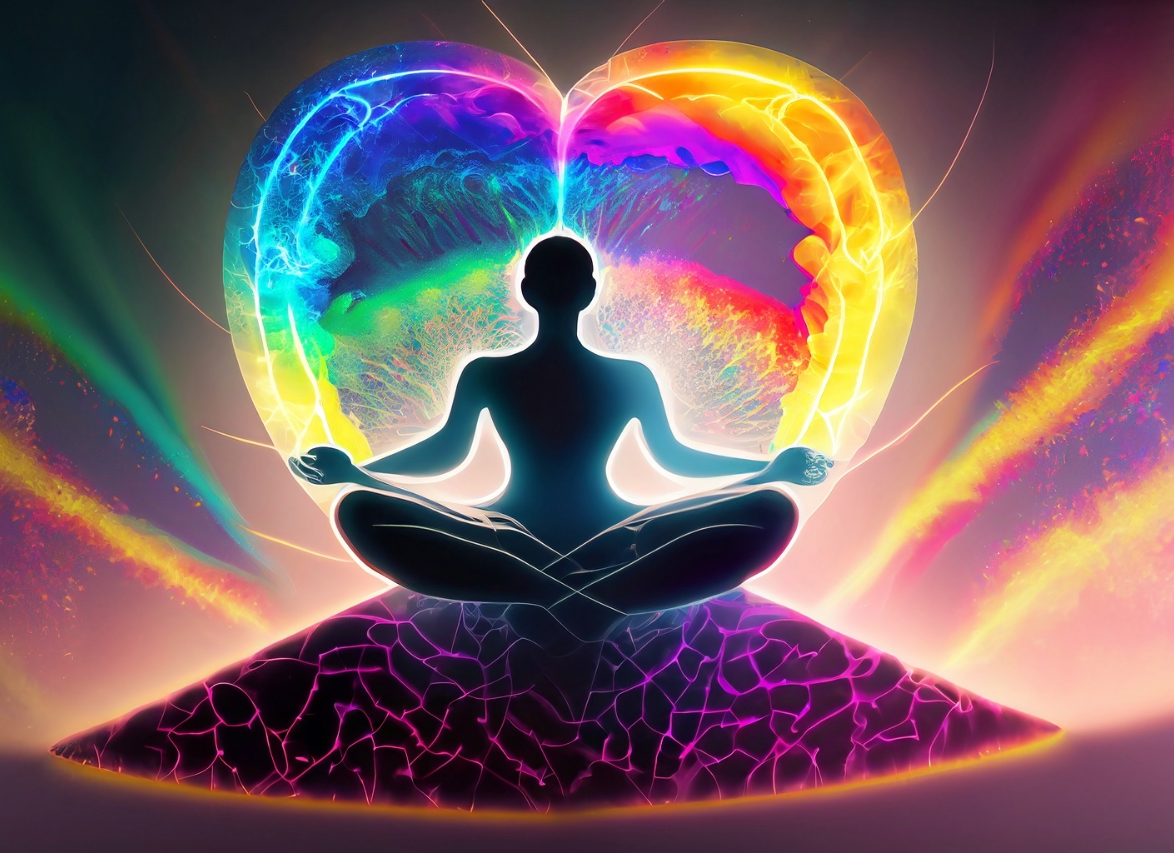Guiding You Towards 5D Consciousness
How to Tune In to the Frequency of 5D Consciousness
To tune in to the frequency of 5D consciousness, start by quieting your mind
continue
Best Techniques for Ascending to 5D Timelines
To ascend to 5D timelines, start by cultivating self-awareness and mindfulness. Embrace love, compassion,
continue
How to Understand Synchronicity and Twin Flames during 5D Ascension
Synchronicity and Twin Flames are profound concepts that emerge during the 5D Ascension journey.
continue






